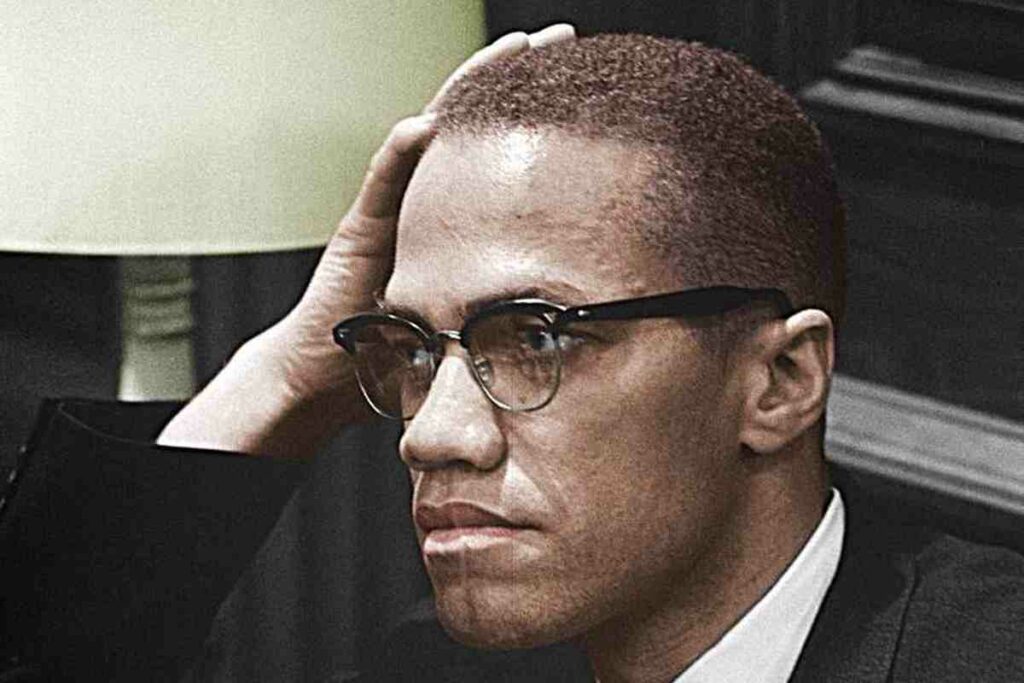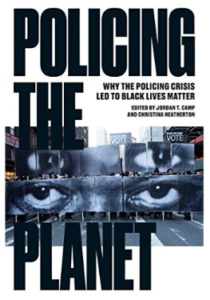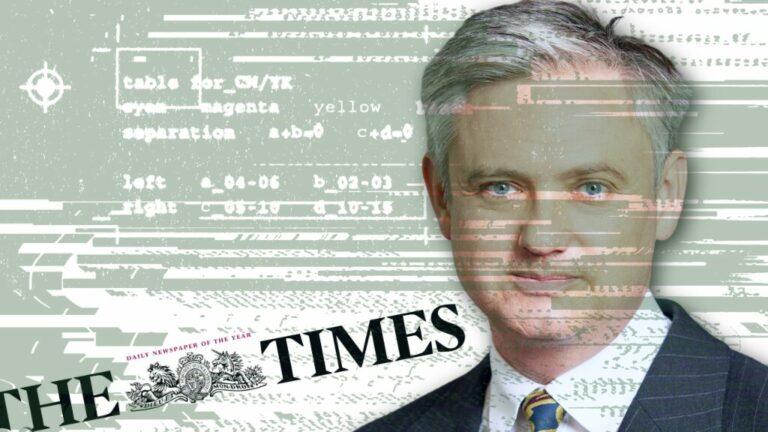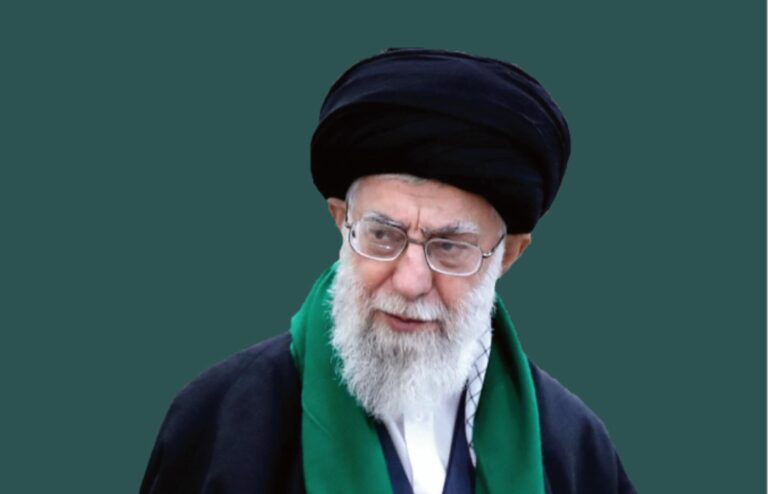Today commemorates the birth of African-American civil rights leader and revolutionary, Malcolm X. Held on May 19th each year in America, or the third Friday of May, Malcolm X Day honours his tireless advocacy for racial justice, equality, and empowerment of African Americans, as well as his unyielding commitment to challenging systemic oppression and advocating for self-determination. Malcolm X Day serves as a reminder of his enduring impact on the struggle for civil rights and the ongoing fight against racial injustice worldwide.
Scroll down for recommended books on decoloniality, civil rights and black liberation.
 Help Muslim prisoners by donating prison packs
Help Muslim prisoners by donating prison packs
“And feed with food the needy, the orphan and the prisoner, for love of Him.” Quran 76:8
We send out prison packs and individual items all year round, IHRC receives requests from prisoners and Muslim Chaplains for essential items such as hijabs, prayer mats, perfume bars, Quran’s.
We serve both male and female prisoners and see it as our duty to support them in their isolation and help them gain the benefits of Ramadan. It is worth remind ourselves that Malcolm X came to Islam whilst in prison and that Islam is for all people so it is essential to extend our brotherhood and sisterhood to our brothers and sisters who are incarcerated and remind them to not despair in the mercy of Allah.
This year’s pack will include the following items:
• Tasbih/prayer beads
• Sweets
• Ramadan/Eid card with a message of support
• Will include either of these books: ‘The Power of Du’a’ by Aliyah Umm Raiyaan or ‘A Handbook of Accepted Prayers’ by Ibn Daud
Each pack costs approximately £20 and this is a Zakat eligible project.
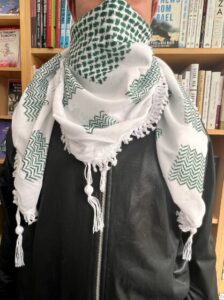 Palestinian Keffiyeh – Kaubar (Green & White) available at IHRC Bookshop!
Palestinian Keffiyeh – Kaubar (Green & White) available at IHRC Bookshop!
Beautiful, Green & White Keffiyeh.
Manufactured in the Nabulsi factory, located in the city of Nablus, Palestine.
Measurements: 130cm By 120cm
We also have the classical black and white keffiyeh available.
THROWBACK: Author Evening: 20 Questions and Answers on Black Europe by Stephen Small
5 years ago, IHRC hosted an author evening with Stephen Small who discussed his book ’20 Questions and Answers on Black Europe’. Click below to watch the recording of the event.
Stephen Small is professor in the Department of African American Studies at the University of California, Berkeley. He is coauthor of 20 Questions and Answers About Dutch Slavery and its Legacy, Representations of Slavery: Race and Ideology in Southern Plantation Museums and coeditor of Global Mixed Race, New Perspectives on Slavery and Colonialism in the Caribbean, and Black Europe and the African Diaspora.
Below are books that are currently available at IHRC Bookshop:
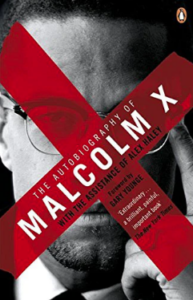 The Autobiography of Malcolm X – Malcolm X, Alex Haley
The Autobiography of Malcolm X – Malcolm X, Alex Haley
They called him the ‘angriest black man in America’ . . .Celebrated and vilified the world over for his courageous but bitter fight to gain for millions of black men and women the equality and respect denied them by their white neighbours, Malcolm X inspired as many people in the United States as he caused to fear him.
His remarkable autobiography, completed just before his murder in 1965, ranges from Omaha and Michigan to Harlem and Mecca, and tells of a young, disenfranchised man whose descent into drug addition, robbery and prison was only reversed by his belief in the rights struggle for black America, and his conversion to the Nation of Islam.
Not only is this an enormously important record of the Civil Rights Movement in America, but also the scintillating story of a man who refused to allow anyone to tell him who or what he was.
Also available at IHRC Bookshop:
Why I Am Not An American – Malcolm X
The Dead Are Arising: The Life of Malcolm X – Les Payne, Tamara Payne
The Autobiography of Martin Luther King, Jr.
Assata: An Autobiography – Assata Shakur
Black Star, Crescent Moon: The Muslim International and Black Freedom beyond America – Sohail Daulatzai
Black Muslims in the US: History, Politics, and the Struggle of a Community – Samory Rashid
The Black Panther Party and Transformative Pedagogy: Place Based Education in Philadelphia – Omari L. Dyson
Redemption Song: Muhammad Ali and the Spirit of the Sixties – Mike Marqusee
At Home with Muhammad Ali: A Memoir of Love, Loss and Forgiveness – Hana Ali
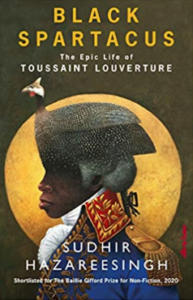 Black Spartacus: The Epic Life of Toussaint Louverture
Black Spartacus: The Epic Life of Toussaint Louverture
The Haitian Revolution began in the French Caribbean colony of Saint-Domingue with a slave revolt in August 1791, and culminated a dozen years later in the proclamation of the world’s first independent black state. After the abolition of slavery in 1793, Toussaint Louverture, himself a former slave, became the leader of the colony’s black population, the commander of its republican army and eventually its governor.
During the course of his extraordinary life he confronted some of the dominant forces of his age – slavery, settler colonialism, imperialism and racial hierarchy. Treacherously seized by Napoleon’s invading army in 1802, this charismatic figure ended his days, in Wordsworth’s phrase, ‘the most unhappy man of men’, imprisoned in a fortress in France.
Black Spartacus draws on a wealth of archival material, much of it overlooked by previous biographers, to follow every step of Louverture’s singular journey, from his triumphs against French, Spanish and British troops to his skilful regional diplomacy, his Machiavellian dealings with successive French colonial administrators and his bold promulgation of an autonomous Constitution. Sudhir Hazareesingh shows that Louverture developed his unique vision and leadership not solely in response to imported Enlightenment ideals and revolutionary events in Europe and the Americas, but through a hybrid heritage of fraternal slave organisations, Caribbean mysticism and African political traditions. Above all, Hazareesingh retrieves Louverture’s rousing voice and force of personality, making this the most engaging, as well as the most complete, biography to date.
After his death in the French fortress, Louverture became a figure of legend, a beacon for slaves across the Atlantic and for generations of European republicans and progressive figures in the Americas. He inspired the anti-slavery campaigner Frederick Douglass, the most eminent nineteenth-century African-American; his emancipatory struggle was hailed by those who defied imperial and colonial rule well into the twentieth. In the modern era, his life informed the French poet Aimé Césaire’s seminal idea of négritude and has been celebrated in a remarkable range of plays, songs, novels and statues. Here, in all its drama, is the epic story of the world’s first black superhero.
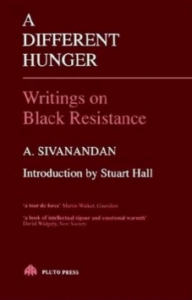 A Different Hunger: Writings on Black Resistance – A Sivanandan
A Different Hunger: Writings on Black Resistance – A Sivanandan
‘One of the most exciting and controversial political thinkers in Britain.’ Guardian ‘He approaches ideological analysis with a fine sense of literary rhetoric and an emotional optimism that makes his writings at once a theoretical challenge and a passionate call to arms.’ New Statesman This collection of A. Sivanandan’s writings looks at the history of black struggles against British racism from the 1940s to the uprisings of Brixton and Toxteth in the 1980s.
Policing the Planet: Why the Policing Crisis Led to Black Lives Matter
Combining firsthand accounts from activists with the research of scholars and reflections from artists, Policing the Planet traces the global spread of the broken-windows policing strategy, first established in New York City under Police Commissioner William Bratton. It’s a doctrine that has vastly broadened police power the world over – to deadly effect.
With contributions from #BlackLivesMatter cofounder Patrisse Cullors, Ferguson activist and Law Professor Justin Hansford, Director of New York-based Communities United for Police Reform Joo-Hyun Kang, poet Martin Espada, and journalist Anjali Kamat, as well as articles from leading scholars Ruth Wilson Gilmore, Robin D. G. Kelley, Naomi Murakawa, Vijay Prashad, and more, Policing the Planet describes ongoing struggles from New York to Baltimore to Los Angeles, London, San Juan, San Salvador, and beyond.
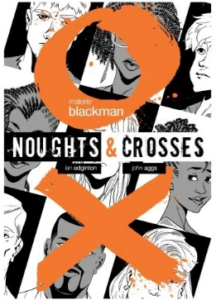 Noughts & Crosses – Malorie Blackman
Noughts & Crosses – Malorie Blackman
Callum is a nought – an inferior white citizen in a society controlled by the black Crosses.
Sephy is a Cross – and the daughter of one of the most powerful, ruthless men in the country.
In their hostile, violent world, noughts and Crosses simply don’t mix. But when Sephy and Callum’s childhood friendship grows into love, they’re determined to find a way to be together.
And then the bomb explodes . . .
The long-awaited graphic novel adaptation of one of the most influential, critically acclaimed and original novels of all time, from multi-award-winning Malorie Blackman.
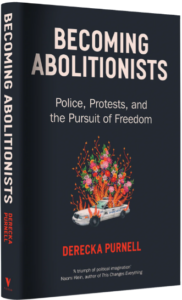 Becoming Abolitionists: Police, Protests, and the Pursuit of Freedom – Derecka Purnell
Becoming Abolitionists: Police, Protests, and the Pursuit of Freedom – Derecka Purnell
In the aftermath of the murder of George Floyd and the resurgence of Black Lives Matter the call for the abolition of the police became a central demand for the movement. In this extraordinary, revelatory memoir, Derecka Purnell recounts her own path towards abolitionism. Her story starts in St. Louis, where she was often unhoused and experienced food insecurity, and where calling 911 was often the only option in a crisis.
She describes her political awakening and activism through watching the aftermaths of events including Hurricane Katrina, the murder of Trayvon Martin and the uprising in her hometown of Ferguson following the death of Michael Brown. Through Harvard Law School she comes to see that that solution can be found not just in the debate on better policing but the end of the policing itself. Through her own story she makes a powerful, passionate argument for rethinking a fair, equal society where there is no place for state violence and racial repression.
Purnell confronts the history of police as a means to capture runaway slaves and uphold white supremacy, to the over-policing and murder of Black people in today’s cities. She argues that the police are doing exactly what they were created to do and, in response, imagines new systems that work to address the root causes of violence instead. A revolutionary book about the hope for freedom, Becoming Abolitionists will inspire readers to imagine and create new communities that can guarantee safety, equality, and real justice for all.
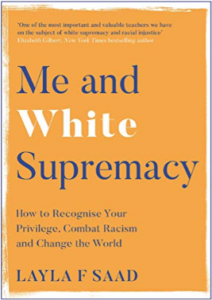 Me and White Supremacy: How to Recognise Your Privilege, Combat Racism and Change the World – Layla F Saad
Me and White Supremacy: How to Recognise Your Privilege, Combat Racism and Change the World – Layla F Saad
Me and White Supremacy shows readers how to dismantle the privilege within themselves so that they can stop (often unconsciously) inflicting damage on people of colour, and in turn, help other white people do better, too. When Layla Saad began an Instagram challenge called #MeAndWhiteSupremacy, she never predicted it would spread as widely as it did.
She encouraged people to own up and share their racist behaviours, big and small. She was looking for truth, and she got it. Thousands of people participated, and over 90,000 people downloaded the book. The updated and expanded Me and White Supremacy takes the work deeper by adding more historical and cultural contexts, sharing moving stories and anecdotes, and including expanded definitions, examples, and further resources. Awareness leads to action, and action leads to change. The numbers show that readers are ready to do this work – let’s give it to them.
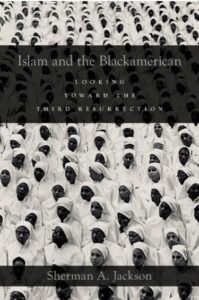 Islam & The Blackamerican: Looking Toward the Third Resurrection – Sherman A. Jackson
Islam & The Blackamerican: Looking Toward the Third Resurrection – Sherman A. Jackson
Sherman Jackson offers a trenchant examination of the career of Islam among the blacks of America. Jackson notes that no one has offered a convincing explanation of why Islam spread among Blackamericans (a coinage he explains and defends) but not among white Americans or Hispanics. The assumption has been that there is an African connection.
In fact, Jackson shows, none of the distinctive features of African Islam appear in the proto-Islamic, black nationalist movements of the early 20th century. Instead, he argues, Islam owes its momentum to the distinctively American phenomenon of “Black Religion,” a God-centered holy protest against anti-black racism. Islam in Black America begins as part of a communal search for tools with which to combat racism and redefine American blackness.
The 1965 repeal of the National Origins Quota System led to a massive influx of foreign Muslims, who soon greatly outnumbered the blacks whom they found here practicing an indigenous form of Islam. Immigrant Muslims would come to exercise a virtual monopoly over the definition of a properly constituted Islamic life in America. For these Muslims, the nemesis was not white supremacy, but “the West.” In their eyes, the West was not a racial, but a religious and civilizational threat. American blacks soon learned that opposition to the West and opposition to white supremacy were not synonymous. Indeed, says Jackson, one cannot be anti-Western without also being on some level anti-Blackamerican. Like the Black Christians of an earlier era struggling to find their voice in the context of Western Christianity, Black Muslims now began to strive to find their black, American voice in the context of the super-tradition of historical Islam. Jackson argues that Muslim tradition itself contains the resources to reconcile blackness, American-ness, and adherence to Islam.
It is essential, he contends, to preserve within Islam the legitimate aspects of Black Religion, in order to avoid what Stephen Carter calls the domestication of religion, whereby religion is rendered incapable of resisting the state and the dominant culture. At the same time, Jackson says, it is essential for Blackamerican Muslims to reject an exclusive focus on the public square and the secular goal of subverting white supremacy (and Arab/immigrant supremacy) and to develop a tradition of personal piety and spirituality attuned to distinctive Blackamerican needs and idiosyncrasies.

